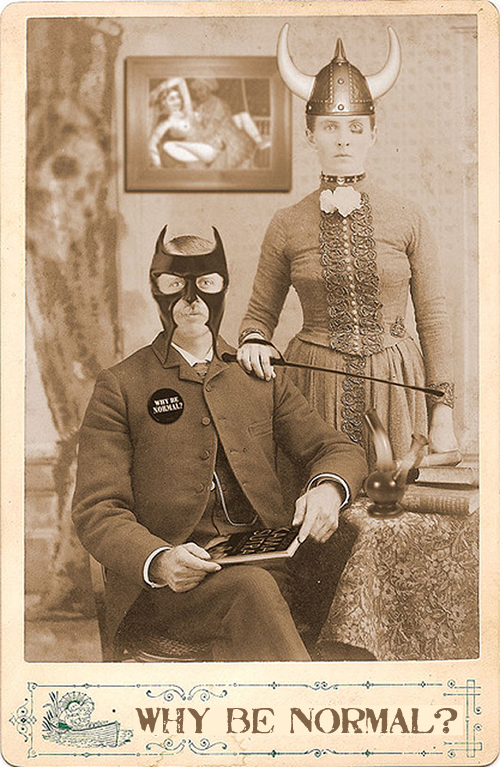Republished by Blog Post Promoter
Category Archives: POETIC NONSENSE
Poetry by Lawrence R. Spencer. Poetic nonsense by Lawrence R. Spencer and others. Haiku poems by Lawrence R. Spencer.
MUNDANITY
Republished by Blog Post Promoter
FOR HUMANITY,
MUNDANITY IS MORE IMPORTANT
THAN PROFUNDITY.
______________
Lawrence R. Spencer. 2013.
MUNDANITY
— adj.
1. Of, relating to, or typical of this world; secular.
2. Relating to, characteristic of, or concerned with commonplaces; ordinary.
PROFUNDITY
1. Great depth.
2. Depth of intellect, feeling, or meaning.
3. Something profound or abstruse.
NORMAL?
Republished by Blog Post Promoter
WHERE CAN YOU FIND A GOOD BRAIN?
Republished by Blog Post Promoter
If you were going to build your own, personal life form where would you look to find a brain?
Would you trust your own brain if you were using your creative skills to create a “humanoid” monster?
Given the behaviour of human beings on this planet, it might be a good idea to work on some other project, like growing some nice flowers or something sensible.
THOSE YOU LOOK
Republished by Blog Post Promoter





